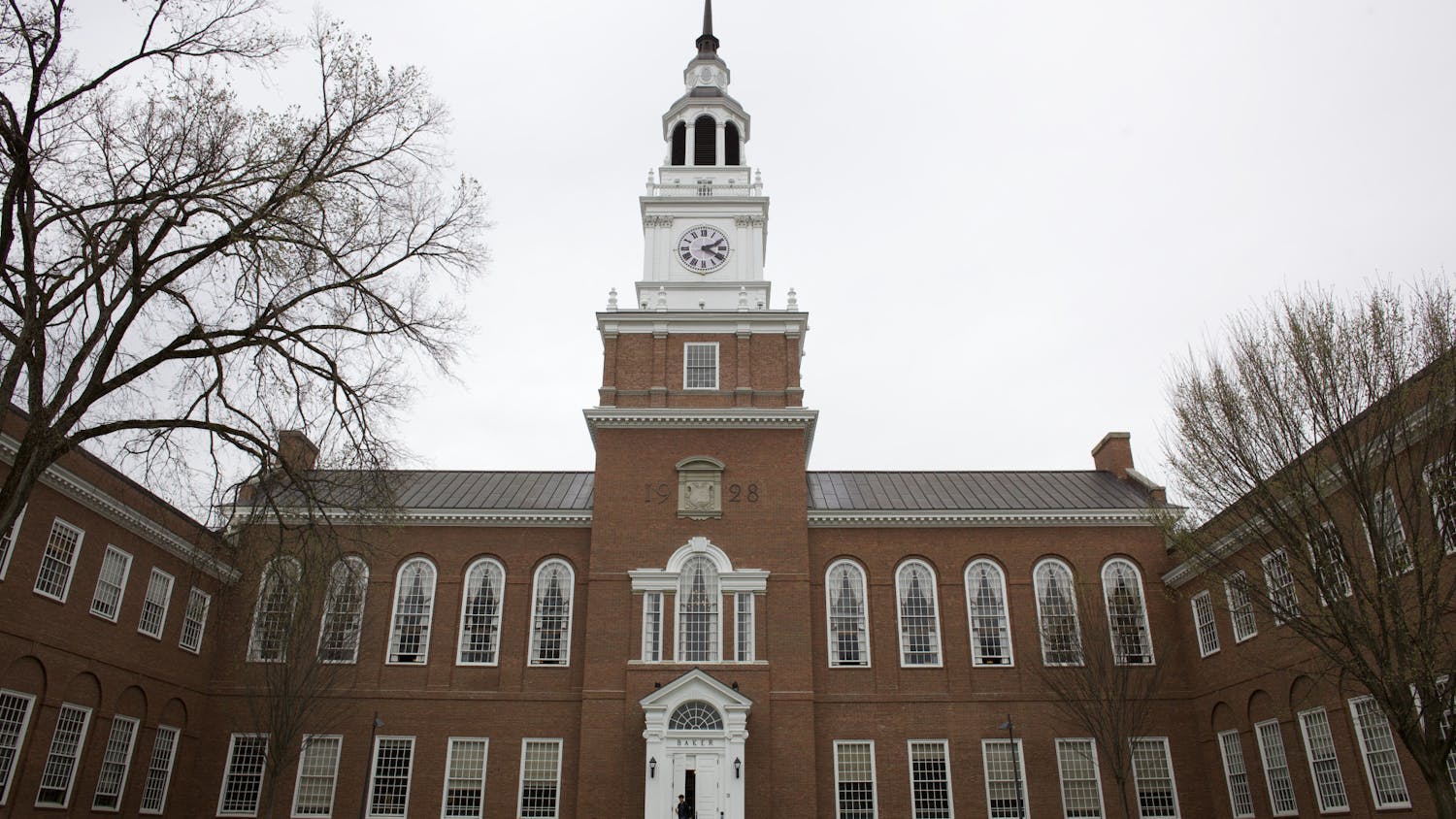While Washington, D.C., attracts many who dream of pursuing political careers during their off-terms, small states like Vermont and New Hampshire place a premium on the voices of Dartmouth students.
Earlier this month, Gov. Peter Shumlin, D-Vt., appointed Andrew Longhi '14 to the Children and Family Council for Prevention Programs, which supports child welfare and ensures that Vermont complies with the federal Juvenile Justice and Delinquency Prevention Act.
Longhi developed his interest in local politics in college,interning with Sen. Patrick Leahy, D-Vt., and volunteering at the Southern State Correctional Facility in Vermont during his sophomore year.
"I became more involved in juvenile justice specifically after doing research on marginalized youth in the system, with a focus on LGBT youth," Longhi said. "I reached out to Vermont's juvenile justice specialist, and she recommended that I apply to join the council, so I did."
Longhi, the youngest member of the council, attended his first meeting in Montpelier in late March.
"I did speak up a few times, which was good," he said. "I think it's important to speak up to get into the groove and establish yourself."
The older members of the council helped Longhi adjust by explaining concepts and jargon that he might not have otherwise understood. Longhi said he will bring new perspective to the board.
"People are looking for young people's energy to enliven their work," Longhi said. "One member told me she was excited for my presence because it engages everyone and gives a fresh perspective."
After he determined the areas of government that he was passionate about, Longhi said he found it fairly easy to find opportunities to work for local governments.
"As a student, you're in a unique position where you more easily donate your time and skills," he said. "You'll be surprised by the type of support you'll receive."
Students who want a more structured approach to policy research can participate in the Rockefeller Center Research Shop, where students work with local and state government to shape legislation.
To work in the program, students must take either Introduction to Public Policy Research or Policy Analysis and Local Governance. The former focuses on the state legislature, while the latter looks at local governments.
Students who participate in the Policy Research Shop offer legislators a variety of policy alternatives, rather than pursuing a single agenda like lobbying groups.
Past Policy Research Shop projects ranged from helping towns apply for federal funding for rural airport construction to offering river management strategies.
The Policy Research Shop will complete its hundredth brief next week and will testify before the New Hampshire Senate Judiciary Committee.
"This is a major milestone for us," said Ronald Shaiko, associate director of the Rockefeller Center.
Tina Meng '14 presented research on the New Hampshire Department of Safety to former Gov. John Lynch, D-N.H., last March.
"Presenting to the governor was really cool," Meng said. "I got to sit down with him and share what I'd been working on. He treated me like an equal."
Austin Major '14, who has worked with the Policy Research Shop since his freshman year, said the program yields tangible results.
"The New Hampshire and Vermont state legislatures are understaffed, which is unfortunate, but it means that we're utilized a lot," Major said. "What we're saying is actually being considered by the government."
The roughly 50 students who work in the Policy Research Shop can receive credit for Public Policy 91 or an hourly salary of $10. Most students opt to work for pay, Shaiko said.
Meng said that even if she does not conduct further projects through the Policy Research Shop, she will apply what she has learned in the future.
"It helped me get the internship I have this summer with the federal government," she said. "It introduced me to consulting to local governments which I'm taking to the national level."
Shaiko hopes that other departments will consider adopting the Policy Research Shop's model.
"There's a chance to use this model, especially in the social sciences, and to work for clients in a real world setting," Shaiko said. "Any program or department can reach out and do work for the community."
The Environmental Science department may offer a course that uses the Policy Research Shop's model in winter 2014, Shaiko said.



